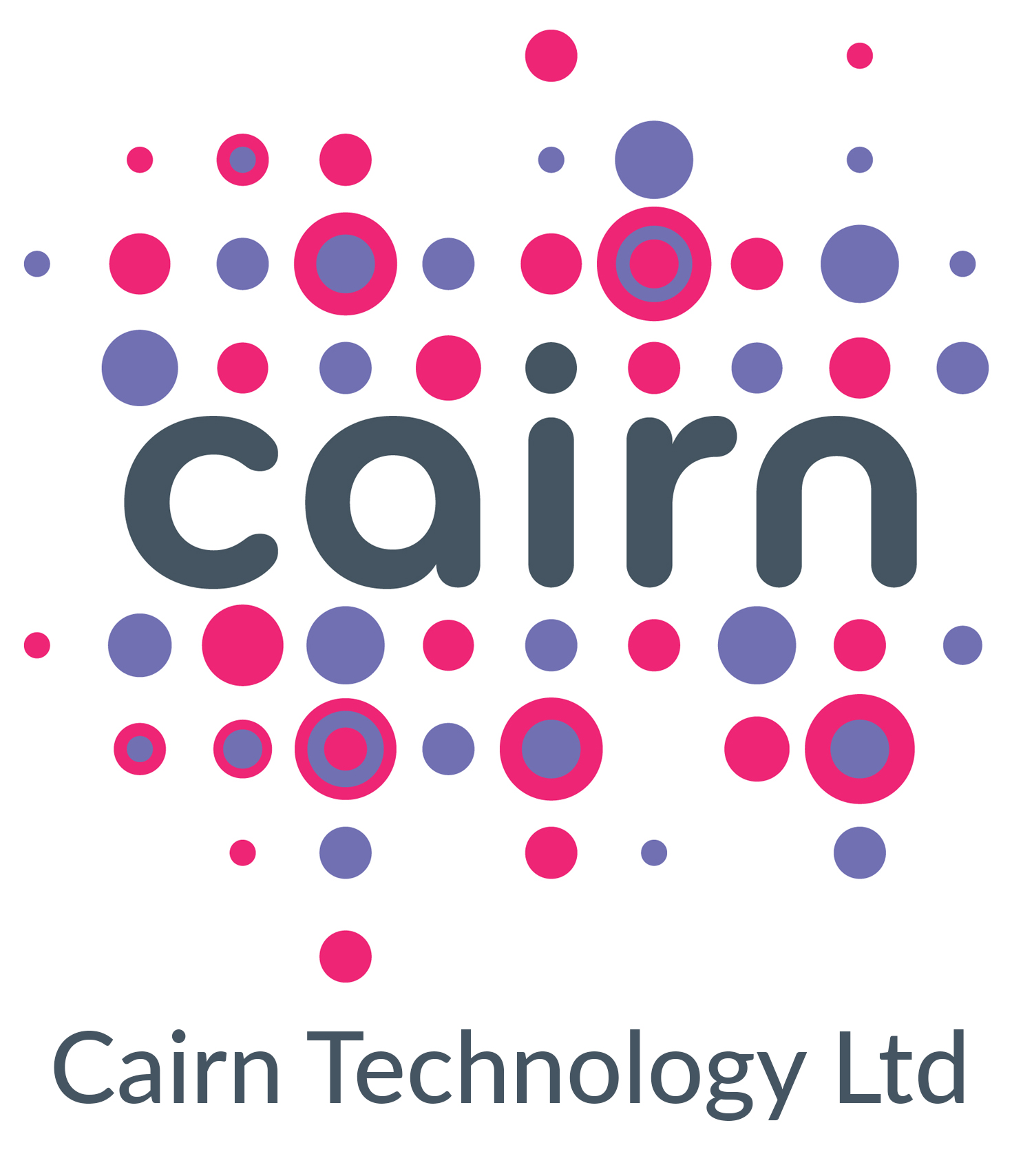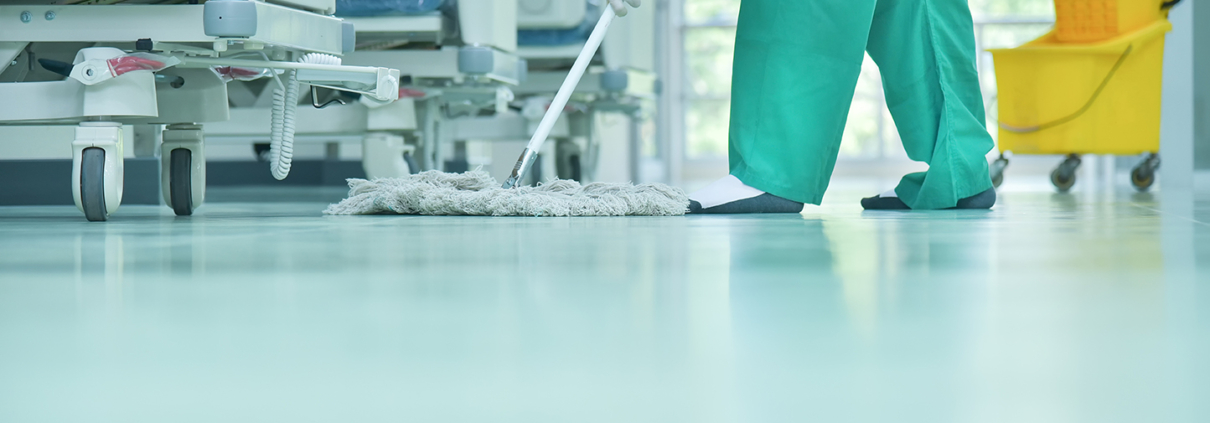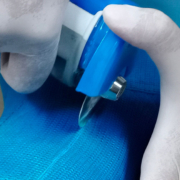NHS hospitals pay the price for staff exposure to chemicals
Exposure of hospital staff to chemicals is leading to a raft of claims for harm to their health.
According to NHS Resolution(1), they received 371 claims for harm caused by exposure to substances hazardous to health from incidents occurring between 1 April 2013 and 31 March 2023.
Of the 165 claims that were settled during that period, damages totalling £2,471,880 were paid out to claimants, with the NHS also having to pay out for defence costs.
At a time when money is tighter than ever in the NHS, avoiding costly claims is critical. But this is still only a secondary concern to the fact that staff are being wrongfully and dangerously exposed to hazardous substances in the workplace.
What sort of claims are being made?
Whilst the above claims relate to a variety of harmful substances including dust and hand hygiene products, it is interesting to note that a large percentage of claims come from chemicals and fumes.
For nurses (registered with the Nursing and Midwifery Council), 20% of claims arose from exposure to chemicals other than cleaning chemicals, whilst a further 25% came from dust and fumes.
For healthcare support staff the figures are more stark, with 40% of claims arising from exposure to chemicals other than cleaning chemicals, and 37.5% from dust and fumes.
Formalin, Acetic Acid and Peracetic Acid Exposure
Some of the chemicals used in hospitals that can pose a significant risk to healthcare staff are Formalin, Acetic Acid and Peracetic Acid (PAA).
In operating theatres, Formalin is used to preserve surgical tissue specimens for histological and pathological examination.
Formalin (formaldehyde) exposure can lead to eye, skin, nose, and throat irritation, and respiratory issues. A known human carcinogen, if staff are exposed to it over long periods of time in large amounts, they can develop bronchial asthma and possible organ damage.
In endoscopy, PAA is mainly used to sterilize or disinfect endoscopes and other reusable medical instruments after use. If exposed to PAA, staff can experience side effects such as breathing issues, eye or skin irritation, headaches, dizziness, and with higher exposures pulmonary oedema.
What action should hospitals take to protect staff?
The Control of Substances Hazardous to Health Regulations (COSHH) 2002 requires employers to carry out risk assessments on the use of hazardous substances.
This includes putting in place procedures and equipment to handle accidents such as Formalin and PAA spills. Staff must also be given adequate training into how to approach and clear spills safely to minimise the risk to their health.
By using a dedicated chemical spill station for chemicals such Formalin, Acetic Acid and Peracetic Acid, staff can clear spills safely and efficiently, using the correct personal protective equipment.
Some staff may need to use powered air fed respirator hoods where they have not been face-fit tested for the respirators in the chemical spill station or where they have facial hair that can interfere with the effectiveness of the respirator seal.
In addition, all staff should go through chemical spill management training to learn how to use the chemical spill station effectively and safely.
By assessing the risks of spills and providing the correct kit and training, NHS Trusts and private hospitals fulfil the important duty of care that they have for their staff. The result is not only likely to be fewer claims for personal injury, but more importantly far less harm to staff.
Can we help?
With 25 years of experience in handling chemical spills, and a range of spill kits developed in conjunction with healthcare staff, we can provide both the equipment and expertise to help you handle spills safely.
For information on chemical spill stations for Formalin, Acetic Acid and Peracetic Acid click here. Or for air-fed hood information click here.
For information on chemical spill management training click here.
Alternatively, call Cairn Technology’s chemical spill consultants on 0333 015 4345.





